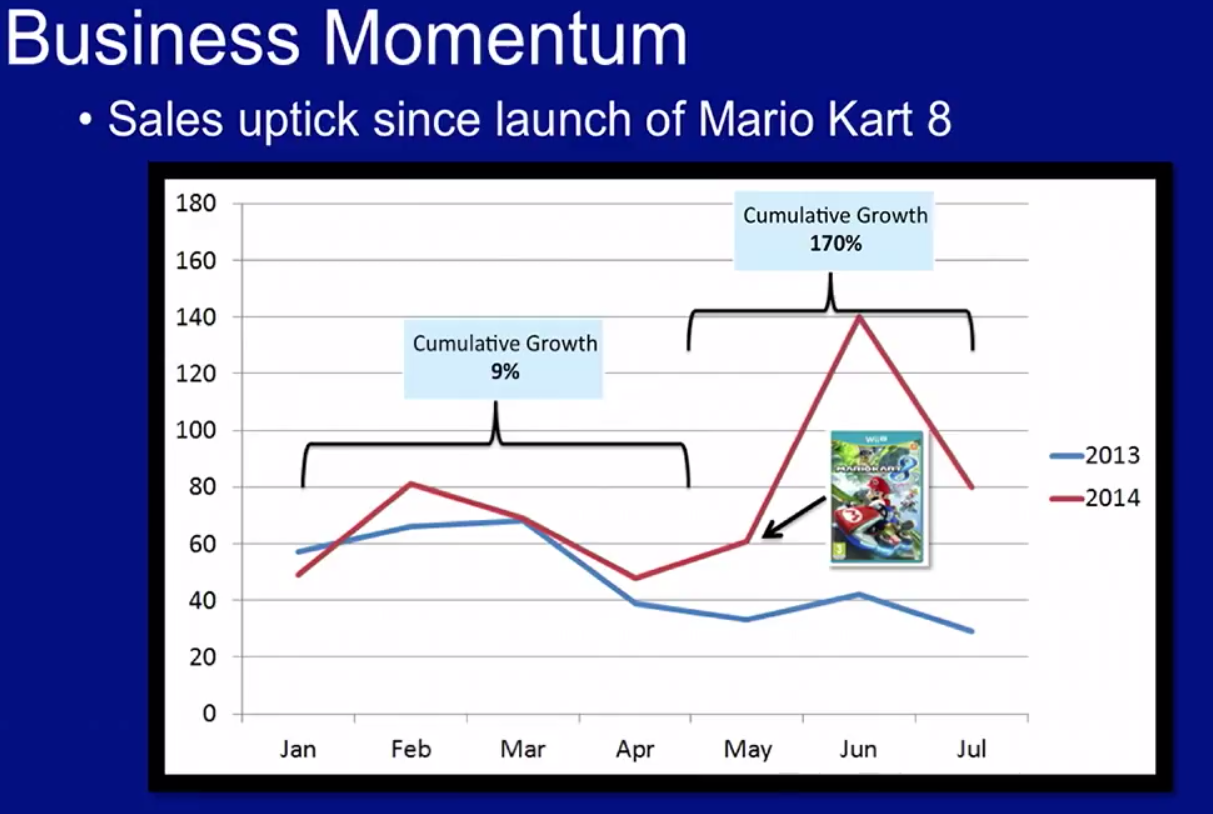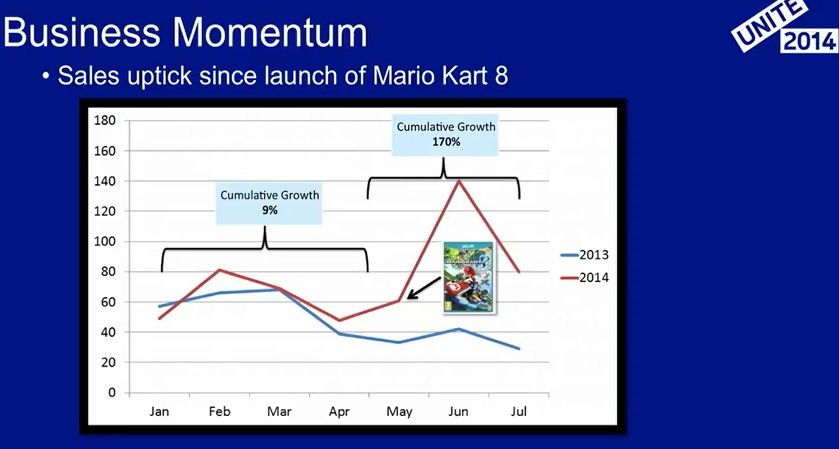Liabe Brave
Member
Rising development and marketing costs are definitely biting into the pie, no doubt. But there are two reasons for some (guarded) hope in this segment. First is the push for "mid-tier" games, which as mentioned above helps maximize return from a restricted audience.Because the market they are in has some very serious issues. It's not very profitable being the most important of them.
Second, I believe the perception of the market is miscolored by last gen. The argument for impending crash or stagnation goes something like this, "Last gen Sony blew nearly the previous decade's worth of profits, and Microsoft bled copious red ink before effecting a minor turnaround with Kinect. Studios closed left and right, or teetered on the precipice, due to the risk of AAA development. If games now cost even more to make, how is anyone going to survive?"
But the losses of the HD twins last gen were arguably not due to embracing the blockbuster-movie model. Microsoft spent literally billions on their hardware failures; Sony spent literally billions to subsidize hardware that was preposterously overengineered. Neither of those mistakes will be in play this time. And that could mean increased safety--not just for the platform holders, but for third parties too. There will potentially be far more dollars available for devkit lending, co-marketing, exclusivity deals, and "second-party" contract work. The market could stagnate in size and still rise immensely in profitability.
Yes. The simplest definition of value is what you'd pay for something. Note that I'm not saying that every player of PC and mobile F2P games is setting a zero value on the game. (After all, the business model relies on a very few people setting an immensely high value on it!) There will be a certain number of players who'd pony up if the game suddenly had an entry fee; they're only paying nothing because no one has asked them to pay more. However, at least some proportion--I'd expect a large proportion--of the interest is solely because of the price. Otherwise Steam sales wouldn't be the feeding frenzies they are, and the Google Play store wouldn't be overrun with free everything.Does this mean supposedly "core" PC users also don't value games when they play DotA, League of Legends, or Crossfire?
And as an aside, note which types of software are more successful at higher prices on Steam, iOS, and the like: comparatively high-budget, more traditionally structured games such as DayZ, Counter-Strike, Infinity Blade, or School Girl Strikers. If this approach can be profitable there, why not pursue them in the "outdated" console model, where you also get hardware lock-in?


